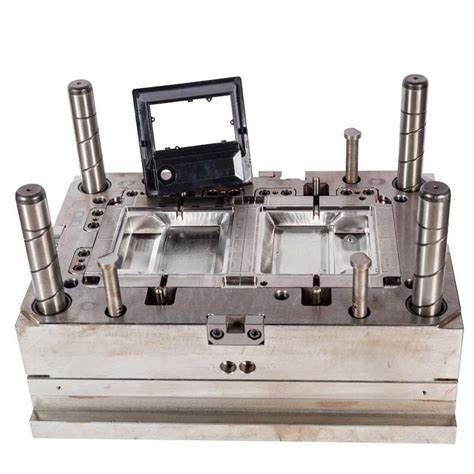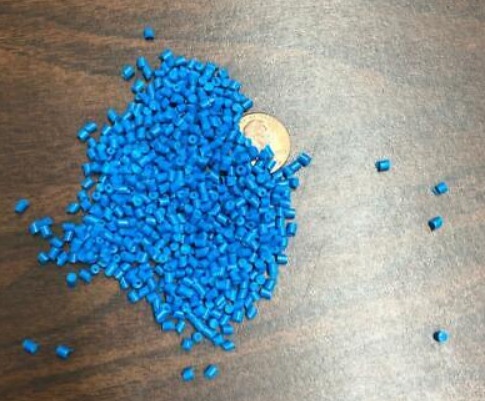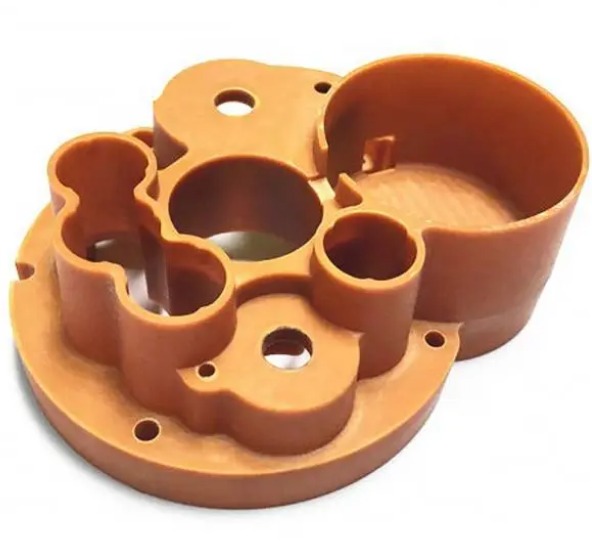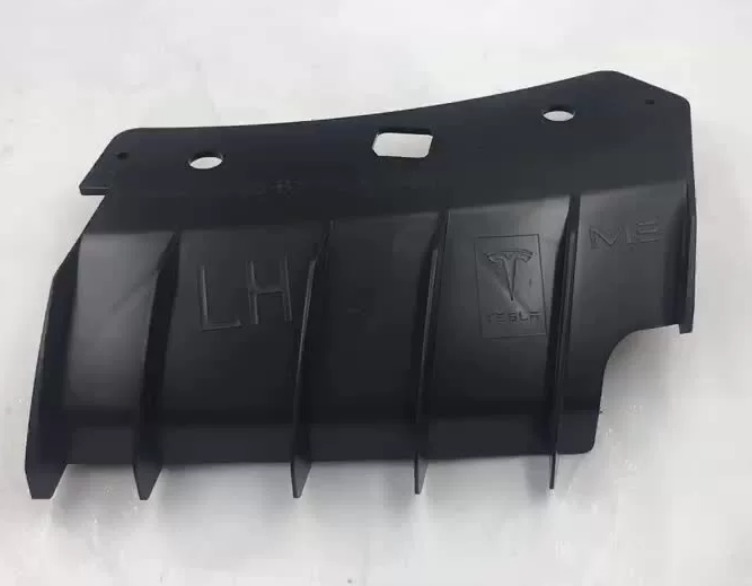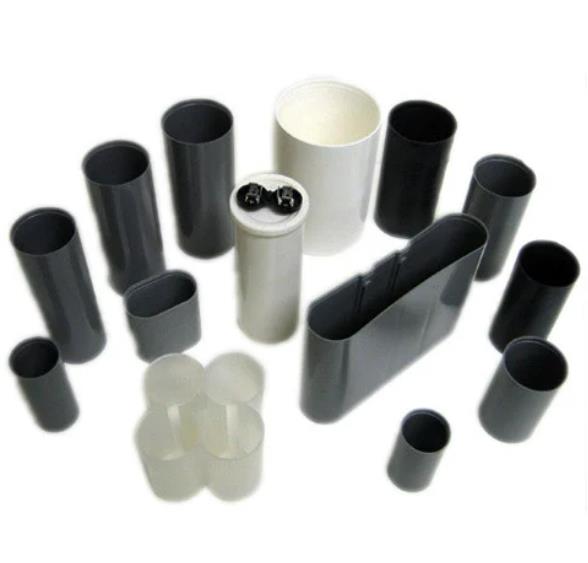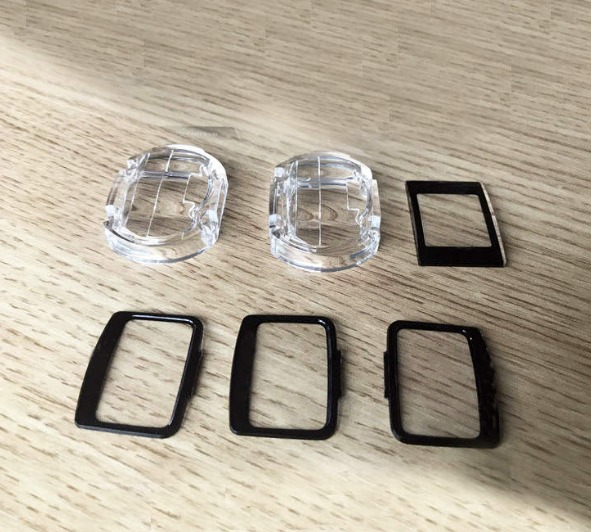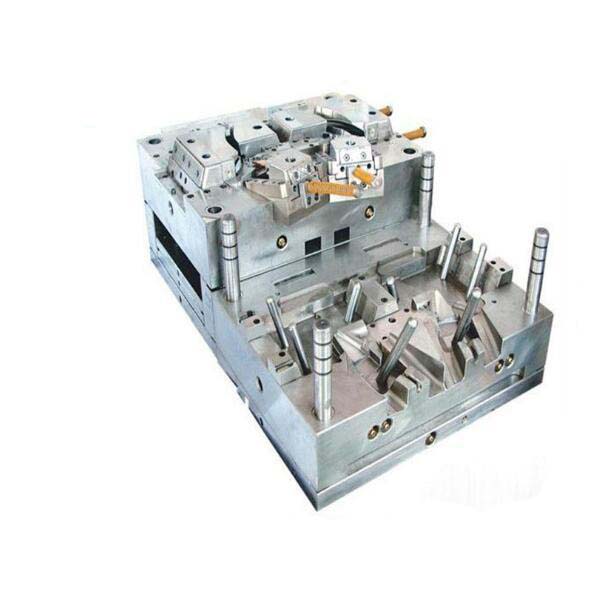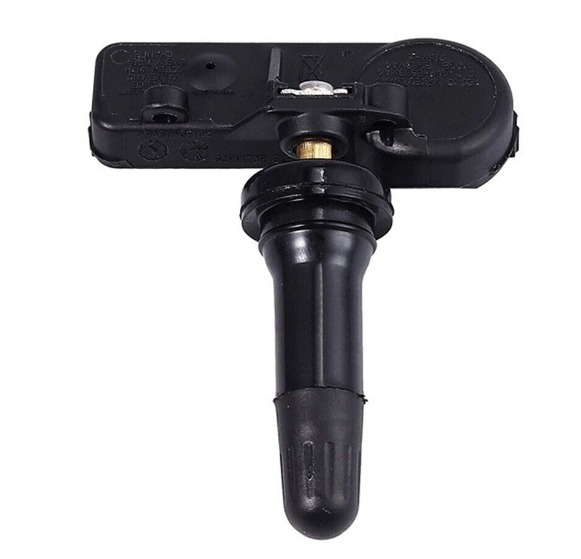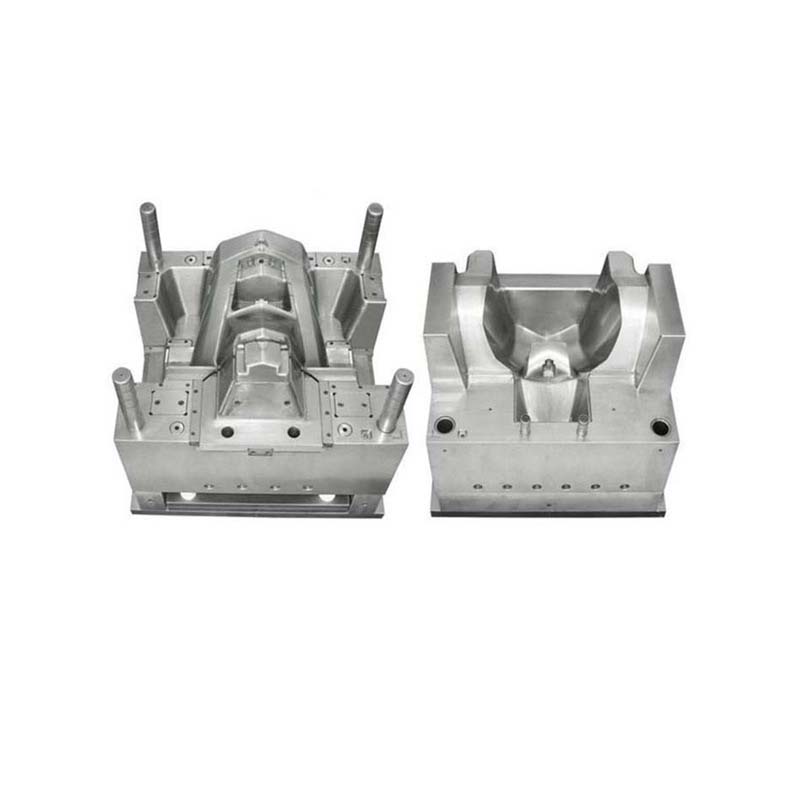Selecting the right molding maker is a critical decision that directly impacts the quality, cost, and time-to-market of your product. Whether you're developing a medical device, a consumer electronic component, or an automotive part, the capabilities and reliability of your manufacturing partner can make or break your project's success. This guide is designed to navigate you through the entire selection process, moving from understanding the fundamental services offered to evaluating the nuanced factors that differentiate an adequate supplier from an exceptional one. We'll provide a structured, step-by-step framework to help you make an informed, confident choice that aligns with your technical requirements and business goals.
What Types of Molding Services Do Makers Offer?
A proficient molding maker typically provides a spectrum of services, each suited to different stages of product development and production volumes. Understanding these options is your first step.
Injection Molding
This is the most common process for high-volume production of plastic parts. It involves injecting molten material into a steel or aluminum mold. Key applications include consumer electronics housings, automotive interiors, and medical device components. For instance, a maker producing over 1 million units of a smartphone case annually would rely heavily on high-cavitation injection molding tools.
Overmolding and Insert Molding
These processes involve molding a second material over a substrate or a pre-placed insert (like a metal screw thread or an electronic circuit). This is crucial for creating soft-grip handles, seals, and multi-material components. A real-world example is a toothbrush with a rigid polypropylene core and a soft thermoplastic elastomer (TPE) grip, molded in a single, efficient cycle.
Prototype and Low-Volume Molding
Before committing to a full-scale production tool, projects often require functional prototypes or small batches. Here, makers may use rapid tooling with aluminum molds, 3D printed molds, or silicone molding. This phase is vital for design validation, user testing, and market sampling without the high initial cost of production-grade steel tooling.
Key Capabilities to Look for in a Molding Maker
Beyond the service list, you must assess the maker's core competencies. These are the pillars of a successful partnership.
Engineering and Design for Manufacturing (DFM)
A top-tier maker doesn't just manufacture; they collaborate on optimizing your design for the molding process. They should provide detailed DFM reports that highlight potential issues like undercuts, wall thickness uniformity, gate locations, and sink marks. For example, an experienced engineer might suggest adding slight drafts to a deep rib, preventing part sticking and reducing cycle time by 15%.
Tooling Design and Fabrication In-House
Control over the mold-making process is a significant advantage. Makers with in-house tooling shops can ensure faster iterations, better quality control, and more seamless communication between design and production teams. Ask about their tool steel sourcing, CNC machining capabilities, and use of mold flow analysis software to predict and correct filling issues virtually.
How Do You Evaluate a Maker's Quality Control Processes?
Quality cannot be inspected into a part; it must be built into the process. Scrutinizing a maker's QC framework is non-negotiable.
Certifications and Standardized Systems
Look for relevant certifications like ISO 9001 (Quality Management) and IATF 16949 (Automotive). These frameworks mandate systematic process control. More specific certifications like ISO 13485 for medical devices are critical for regulated industries, ensuring traceability and documentation rigor.
In-Process and Post-Production Inspection
A robust system includes multiple checkpoints. This typically involves first-article inspection (FAI) against the CAD model, Statistical Process Control (SPC) charts monitoring key parameters like injection pressure and temperature during the run, and final inspections using Coordinate Measuring Machines (CMM) and optical comparators. For a critical gear component, the maker might measure 100% of parts for a key diameter, providing a full data lot with each shipment.
Material Selection and Expertise Considerations
The material choice dictates the part's function, cost, and manufacturability. Your maker should be a knowledgeable guide.
Polymer Science Knowledge
A great partner understands the rheology (flow behavior), hygroscopicity (moisture absorption), and shrinkage rates of various polymers. They can advise that while Acrylonitrile Butadiene Styrene (ABS) is tough and cost-effective, Polycarbonate (PC) might be better for optical clarity and impact resistance, albeit at a higher cost and requiring meticulous drying before processing.
Specialty Material Experience
Does your project require high-temperature resins like PEEK or PPS, biocompatible materials for implants, or UL94 V-0 rated flame-retardant compounds? Verify the maker has direct, documented experience processing these materials. A case in point: molding PEEK requires precise, high-temperature barrel zones and often specialized mold coatings to ensure proper release and surface finish.
What Factors Affect Molding Costs and Pricing?
Understanding cost drivers empowers you to optimize your design and negotiate effectively.
Tooling Investment (NRE)
This is the upfront, non-recurring engineering cost. It is influenced by:
- Mold Complexity: Number of cavities, side-actions (for undercuts), and core pulls.
- Mold Material: Pre-hardened steel (P20) vs. hardened tool steel (H13) for longer life.
- Surface Finish: A SPI-C1 mirror polish is far more expensive than a textured finish.
Part Cost (Recurring)
The per-piece price is driven by:
- Cycle Time: A part that cools and ejects in 20 seconds costs half as much as one taking 40 seconds.
- Material Cost: Commodity polypropylene vs. engineered glass-filled nylon.
- Part Weight: Directly correlates to material usage.
- Secondary Operations: Costs for assembly, ultrasonic welding, or painting add up.
Table: Simplified Cost Driver Analysis
| Cost Factor | High-Cost Example | Lower-Cost Alternative |
|---|---|---|
| Tooling | 64-cavity mold from H13 steel | 4-cavity mold from P20 steel |
| Cycle Time | 60 seconds (thick walls, no cooling lines) | 25 seconds (optimized cooling, uniform wall thickness) |
| Material | 30% Glass-Filled PPA | Unfilled Polyamide 6 (PA6) |
| Secondary Ops | Two-part assembly with living hinge and snap fits | Single, monolithic part design |
Production Capacity and Lead Time Analysis
Your maker must align with your production schedule and scale.
Machine Portfolio and Availability
A diverse fleet—from small 50-ton presses for precision micro-molding to large 1000+ ton machines for automotive bumpers—indicates flexibility. Inquire about machine utilization rates. A shop running at 95% capacity may struggle with rush orders, whereas one at 80% can be more responsive.
Realistic Timeline Planning
Beware of unrealistic promises. A reasonable timeline for a complex steel production mold is 10-14 weeks for tool fabrication, followed by 2-3 weeks for sampling, testing, and approval. A maker that promises this in 6 weeks may be cutting critical corners in heat treatment or polishing. Always build in contingency time for T1 sample revisions and fine-tuning.
Conclusion
Choosing the right molding maker is a multifaceted evaluation that balances technical expertise, quality systems, cost efficiency, and operational reliability. It's a strategic partnership that extends far beyond a simple purchase order. By methodically assessing their service range, engineering depth, quality ethos, material mastery, cost structure, and capacity—as outlined in this guide—you move from a position of hope to one of informed confidence. The goal is to find a maker who acts as a true extension of your engineering team, capable of transforming your design into a high-quality, manufacturable, and successful product.
FAQ
Q: What is the most important question to ask a potential molding maker?
A: "Can you walk me through a detailed DFM analysis for my specific part, including material recommendations and potential risk areas?" This reveals their engineering proactivity and experience immediately.
Q: How do I know if a molding maker's quote is reasonable?
A: Obtain at least three detailed quotes that break out NRE (tooling) and piece-part costs separately. This allows for comparison. Be wary of quotes that are significantly lower than the average without clear justification (e.g., different tool steel grade or assumed cycle time).
Q: Is it always better to choose a molding maker with the newest equipment?
A: Not necessarily. While modern machines offer efficiency, the expertise of the technicians and process engineers is often more critical. A seasoned team on well-maintained, mid-generation machines can frequently produce better, more consistent results than an inexperienced team on the latest hardware.
Q: What red flags should I watch for during a factory audit?
A: Key red flags include: a disorganized or dirty production floor, lack of documented procedures (SOPs), inability to show real-time SPC data, and an over-reliance on final inspection rather than in-process control.
Contact Yigu Technology for Custom Manufacturing.
If you are seeking a molding maker that embodies the principles outlined in this guide—deep engineering collaboration, rigorous quality control, and transparent partnership—consider Yigu Technology. We specialize in providing end-to-end custom manufacturing solutions, from advanced DFM and precision toolmaking to high-volume production and assembly. Our expertise spans a wide range of industries and material technologies, ensuring your project is built on a foundation of experience and excellence. Contact us today to discuss how we can bring your design to life with precision and reliability.
